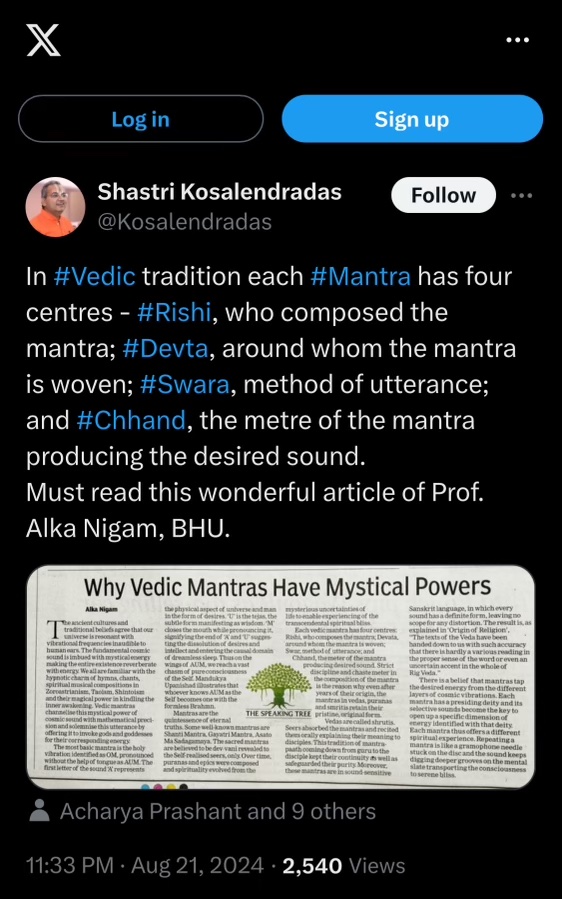In my biology class as a child I was bewildered to see a headless but still alive frog withdrawing its legs when touched with a hot rod. The teacher told us this is called Reflex Action. That means certain motor actions do not need the involvement of brain at all. Later as I studied literature for my Masters, the great writers and philosophers added a new idea. In those formative years the most convincing was the belief of D H Lawrence in blood,” the flesh, as being wiser than the intellect”. According to him in a new world order it was necessary to yield to the “urge of the life that is within.” In this program he was not alone. W.B Yeats, the Irish poet agreed with him and William Blake, Walt Whitman and many others in varying degrees of emphasis foresaw that long ago. Ted Hughes and many others included animals too with a life – force with “elemental power circuit”. Hughes observed how animals think. feel and act in a unified way. On the other hand, man thinks differently from what he feels and acts in a different manner altogether resulting in the inner turmoil. Life is more controlled “when the individual is in touch with the instinctual springs of feeling.” Thus at the initial stage of its evolution, the consciousness deals with bodily action at the gross level. At the higher free -flowing spiritual level it opens up to the broader dimension of instinct called intuition that can be experienced. Paramhansa Yogananda connects intuition with soul calling it the “soul guidance”. Our consciousness from gross and subtle gradually leads us to causal and connects the flesh with the Divinity to illuminate our world with the guidance of pure consciousness. This evolving aspect of the consciousness commonly moves in the separate stages throughout life, corresponding with our external situation. In psychology, intuition is a faculty in which the past experiences of consciousness both gross and subtle are rapidly whirling like in a vortex and the sifting of the truth is whispered in the soul as the voice of Intuition. Aurobindo agrees that the experiences formed through sensory information go in the making of Intuition. He says people of Vedic period were blessed with this faculty before it was taken over by reasoning. According to Wikipedia the formation of the word INTUITION which comes from the Latin word INTUERI translated as “consider” or the English word INTUIT that means to “contemplate” reveals that intuition cannot create new knowledge but springs forth from the past experiences. Prior to hearing the inner voice, the function of ‘contemplating’ the experiences gathered from the outer stimuli in the storehouse has already happened. When the mind is calm, the “infallible counsel of the Inner Voice” commonly known as gut feeling or sixth sense surfaces without the help of reasoning . Interestingly animals use this extra sensory feeling for their survival in a remarkable way. Some can sense the earthquakes or storms long before humans. Migratory birds map out their way in a vast sky to reach a region of their comfort, come back home and fly there again year after year using “their sense without a sensor” as researchers tell us.
How to strengthen the faculty of intuition is less painstaking an agenda when we become aware of it as lying dormant in our consciousness. This means it is already there; we just have to awaken it. A cliché, still the simple example to understand this is to picture the hurricane- swept surface of a water body. Nothing can be seen under it till the turbulence settles down. We have to rein -in the force of outward waves of emotions from clouding our consciousness. But this has not been easy even for great sages. In Gita Lord Krishna says to control the mind which consists of manas, buddhi and ahamkara is like protecting a lamp from strong winds. Nonetheless He prescribes two weapons for help— ABHYASEN TU VAIRAGYAIN CHA- ( chapter vi) constant practice and non-attachment. Maharshi Patanjali’s Ashtanga Yoga of eight scientific spiritual disciplines is a practical guide to enable step by step progress to still the mind which is constantly entangled in one of the five Vritis. This is the quintessence of Vedantic thought.
The faculty of Intuition is unique. The more we use it the sharper it becomes., It will be a pity if we leave it like a metal “To rust unburnished, not to shine in use!”
ALKA NIGAM

Leave a Reply